Illustrations of Buddhist iconography are available in almost all published works on the collection of museums in countries professing Buddhism. These materials are important for study and research by scholars not only in those lands themselves but by others throughout the world. In these days of global intercommunication this has become more apparent. Yet the relevant collections are not easily available except by personal visit which, again, is not easy to undertake. Trade and commerce have grown globally, but exchange of scholars for obvious reasons have remained limited. In order to obviate difficulties such as these, one other way is to interchange publications on the necessary collections. The present publication is a sincere effort in this direction specially on the category of objects relating to Buddhist iconography in the two major museums in Japan, the National Museums of Tokyo and Kyoto. The specimens included here in both the cases cover not only those of Buddhist iconographical interest in the countries concerned but those from other parts of the world, as are collected and stored or exhibited in these institutions. The treatment has been item by item with no order of chronology or any restriction to any medium of execution.

Buddhist Iconography in the National Museums of Tokyo and Kyoto
$18.00
$20.00
In stock
Free & Quick Delivery Worldwide
All orders amounting to US$ 50 or more qualify for Free Delivery Worldwide. For orders less than US$ 50, we offer Standard Delivery at $14 per book.
ABOUT THE AUTHOR A K Bhattacharyya
A renowned scholar in East Asian Art in addition to his contribution to the study of all branches of Indian art, Professor A.K. Bhattacharyya has made a mark as an art-historian since long. His other interests include epigraphy and numismatics in which he has well-known publications. One of his works on Aspects of Perso-Arabic Epigraphy of India has earned worldwide commendation. His visits to Japan four times since 1968 and upto 1980, include a stay for a year in that country on a Japan Foundation Fellowship which he utilized in visiting almost all places of Buddhist interest, studying temples and sculptures. He took special care to study the stone sculptures in the southernmost island, Kylshi, by personal visits to the caverns and the rock-cut images in the Oita Prefecture and a few other places. Back from the study-tours in the Republic of China and Japan, Professor Bhattacharyya was awarded the Jawaharlal Nehru Fellowship for his wide range of contribution to the study of the art of India and abroad. Among his works, A Corpus of Dedicatory Inscriptions for Temples of West Bengal; A Pageant of Indian Culture "Art & Archaeology; Historical, Cultural and Political Aspects of Perso-Arabic Epigraphy of India; Development of Buddhist Iconography in China, Korea and Japan from Indian Concepts; Buddhist Stone Sculpture of Japan; Thai Buddhist Iconography" Calcutta University on is dissertation: Studies in Jaina Iconography. Academically he has the most distinguished records and his linguistic equipment is the most unique in India, being a graduate in Arabic, and B.A. (Hons.) and M.A. in Sanskrit with a First class. He also secured the first class position in M.A. in Islamic History and Culture with Epigraphy and Numismatics as special subjects. He held important positions in India throughout his career. After being a Lecturer and Principal of Colleges for the first eight years of his service career, he served as Asstt. Curator, Archaeological Survey, Deputy Keeper and Keeper of Art Deptt. at the National Museum, New Delhi, Superintending Archaeologist in charge of the Museums Branch of the Archaeological Survey of India, and finally as Director, Indian Museum, Calcutta. On retirement, served the National University in the Republic of China as Visiting Professor.
reviews
0 in total
Review by Anonymous
Be the first to review “Buddhist Iconography in the National Museums of Tokyo and Kyoto” Cancel reply
You must be logged in to post a review.
Bibliographic information
Title
Buddhist Iconography in the National Museums of Tokyo and Kyoto
Author
Edition
1st ed.
Publisher
Length
viii+46p. 19 Figures.
Subjects
more by A K Bhattacharyya see more
Sanskrit Inscriptions on Hindu Temples of Late Medieval Calcutta and its Foreign Shrines
Since I wrote my magnum opus ...
$78.30
$87.00
A Cyclopedia of Indian Ivory Art: Appended with a Study of Foreign Ivory
The art of ivory is one of ...
$168.30
$187.00
similar bookssee more
Vedic Age (1500 B.C.-1000 B.C.)
$145.80
$162.00

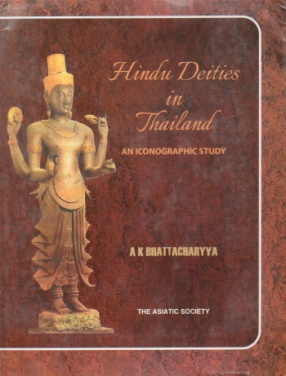
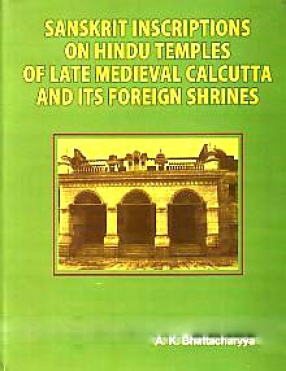
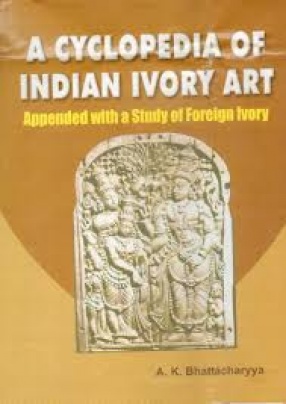
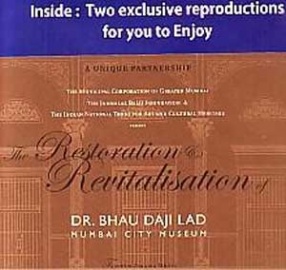
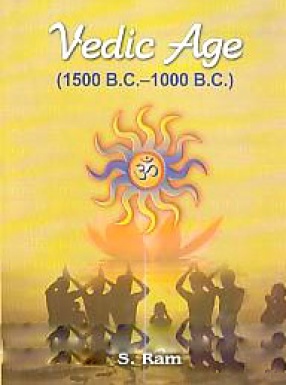
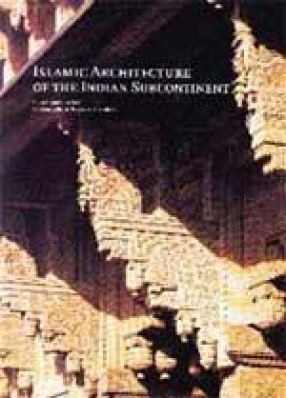
There are no reviews yet.